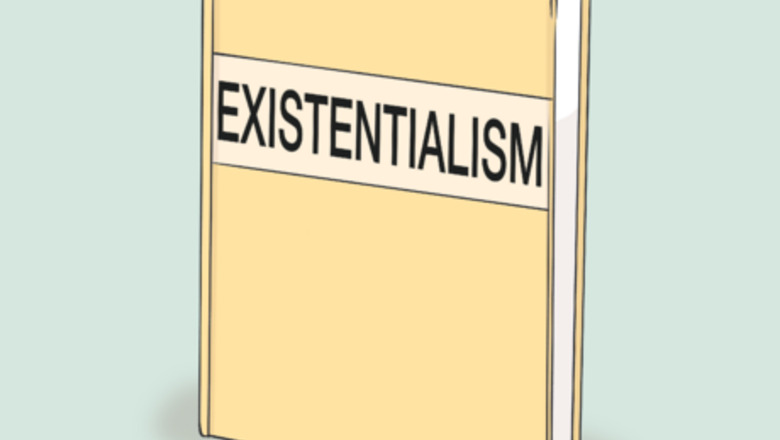
views
Understanding Existentialism
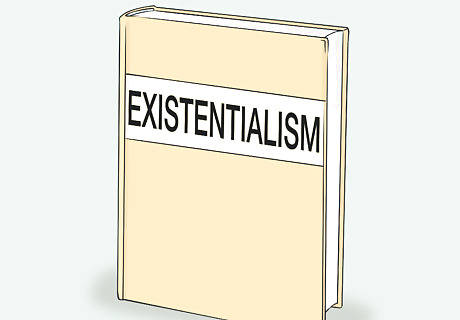
Know the history of the movement. Existentialism is a philosophical movement grounded in a particular historical context, and transferring its tenets to today's cultural moment means understanding what it meant when it developed. It developed and flourished in Europe during the 1940s and 1950s, in a post-war context in which many people felt disillusioned with organized religion and society and felt like life had no real meaning or purpose.

Read up. Like all branches of philosophy, existentialism developed through the writings of prominent philosophers. Start by reading works of Jean-Paul Sartre, Simone de Beauvoir, Maurice Merleau-Ponty, and Albert Camus. While de Beauvoir wrote many works that are considered essential reading, The Second Sex is a great place to start. It is a critical look at society's gender roles, and garnered de Beauvoir a reputation as a founder of the feminist movement. Try Jean-Paul Sartre's book 'Nausea' where he lays out the basics of existentialism.
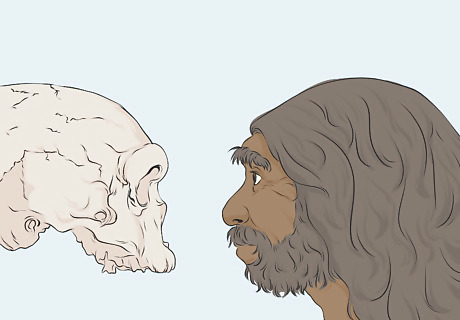
Understand the basic precepts of existentialism. As a philosophy, existentialism is based on a major premise and several minor premises: The major premise of existentialism is that the meaning of existence and the nature of humanity cannot be truly understood through natural sciences (like biology and psychology) or by moral categories (found in religion and social codes) alone. Instead, meaning is found in authenticity. Ultimately, existentialism focuses on the human ways of existing. Existentialists believe there is no larger meaning or order to the universe or to our lives; that is, there is no destiny or fate, and your individual life has no pre-determined purpose. Still, people have complete free will and can make choices about their daily actions in order to make those actions meaningful and ordered despite the lack of meaning and order in the universe. Thus, life gains meaning by individuals ascribing meaning through authentic lives.
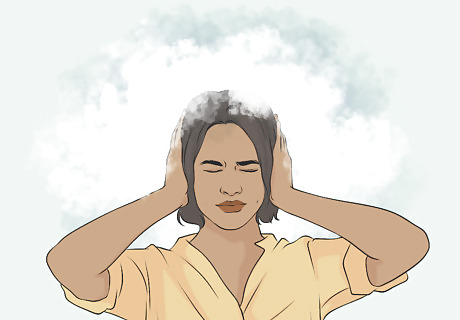
Remember that existentialism is not the same as nihilism. Nihilism states there is no purpose to life and there never can be whereas existentialism says you make your own. While many existentialist writings have themes of anxiety, hopelessness, and boredom, it is not because the writers did not see a purpose in life. It is because they were overwhelmed with the challenge of creating meaning in a world where meaning is not inherent, as well as frustrated with academic systems that ascribed purpose where, to their minds, it did not exist.
Applying Existentialism to Daily Life

Be authentic. Existentialism is all about being who you are outside of social norms, culture, religion, or other ideas of what you should be. Its about recognizing that you have the freedom to choose who you want to be and only you can make that choice. Of course, the problem with authenticity is knowing when you've actually achieved who you really are outside of society's expectations, versus when you are simply doing what you think looks or appears authentic to others-- which is exactly the opposite of what you should be trying for. When you make a choice about your self presentation or actions, ask, "Is this what I really want, or am I doing this because it will please someone else?" For instance, when you get dressed in the morning, are you choosing what you like, or what you think others will find sexy or cool?
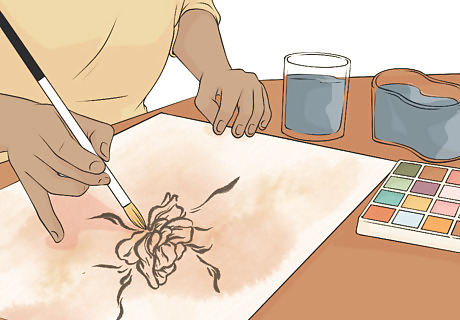
Create. Find a passion and go after it, whether it be art like existential painter Jackson Pollock, writing like existential author Fyodor Dostoevsky, or philosophical inquiry. Being an existentialist means that you recognize the value in self-expression, so find a way to let your inner self be expressed on the outside.
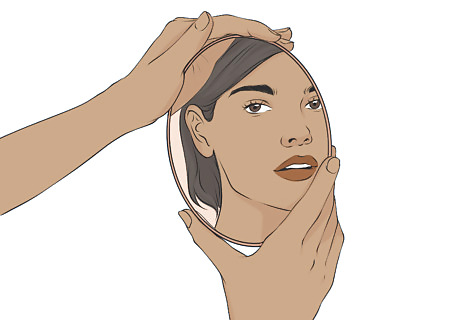
Ponder. Existentialism is a habit of the mind, and involves considering questions about how individuals must live. Existentialists ponder questions about the meaning of life and death, whether or not there is a God and whether deity is involved in individual lives (nearly all existentialist philosophers believe there is no God, since there is no meaning or order), the meaning of friendship and love, and other questions that have to do with the individual. Existentialists also think about the importance of choice and personal responsibility. Existentialists are less worried about social or political issues like what the role of the state should be.
Letting Go of Contradictory Impulses
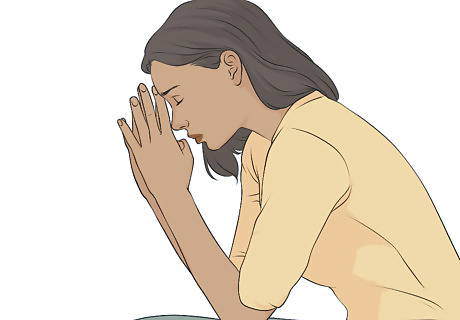
Make up your own mind. Existentialist philosophy holds that each person must create their own meaning, and in order for it to be authentic, it has to be something that you arrive at on your own rather than being coerced by others. Existentialists tend to believe there is no God, but some, like Kierkegaard or Dostoevsky, believed both in God and in free will and self-determination. The important thing is the freedom to choose what to believe.

Live and let live. A major application of existential philosophy is recognizing the inherent value in choice and self-identity, and allowing others to live authentic lives as well. Do not impose your moral or philosophical code on others. Let them live their own authentic lives, rather than trying to shape them into what you want them to be. Rather paradoxically, this means if they don't want to be existentialists, its not up to you to convince them.

Recognize the repercussions of your actions. One reason the philosophy is often associated with anxiety and hopelessness is because existentialist philosophers recognize that their actions have consequences and are not meaningless. Even though one may have good intentions, one always acts on limited knowledge and with limited truth, which means one's actions are always imperfect. We are nevertheless responsible for the consequences of our own actions, because there are no other agents to whom we can pass off responsibility. Any change you make in your life, whether it's positive or negative, will impact the other aspects of your life.




















Comments
0 comment